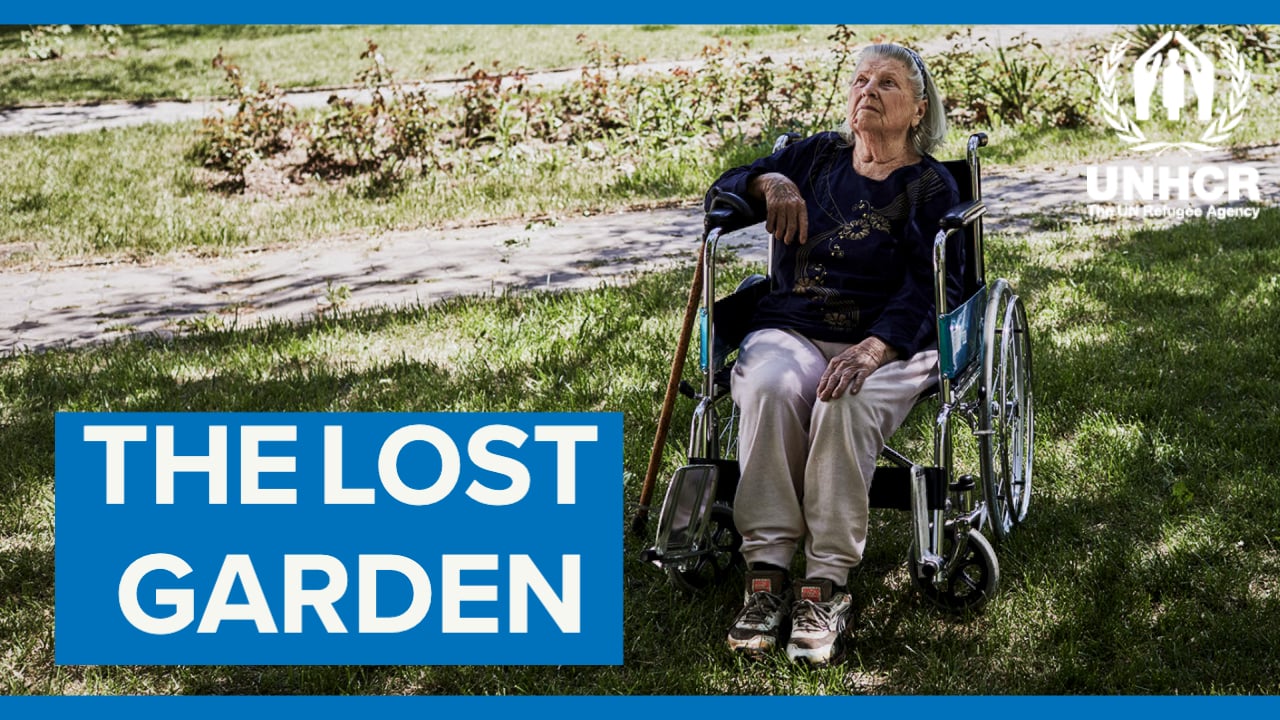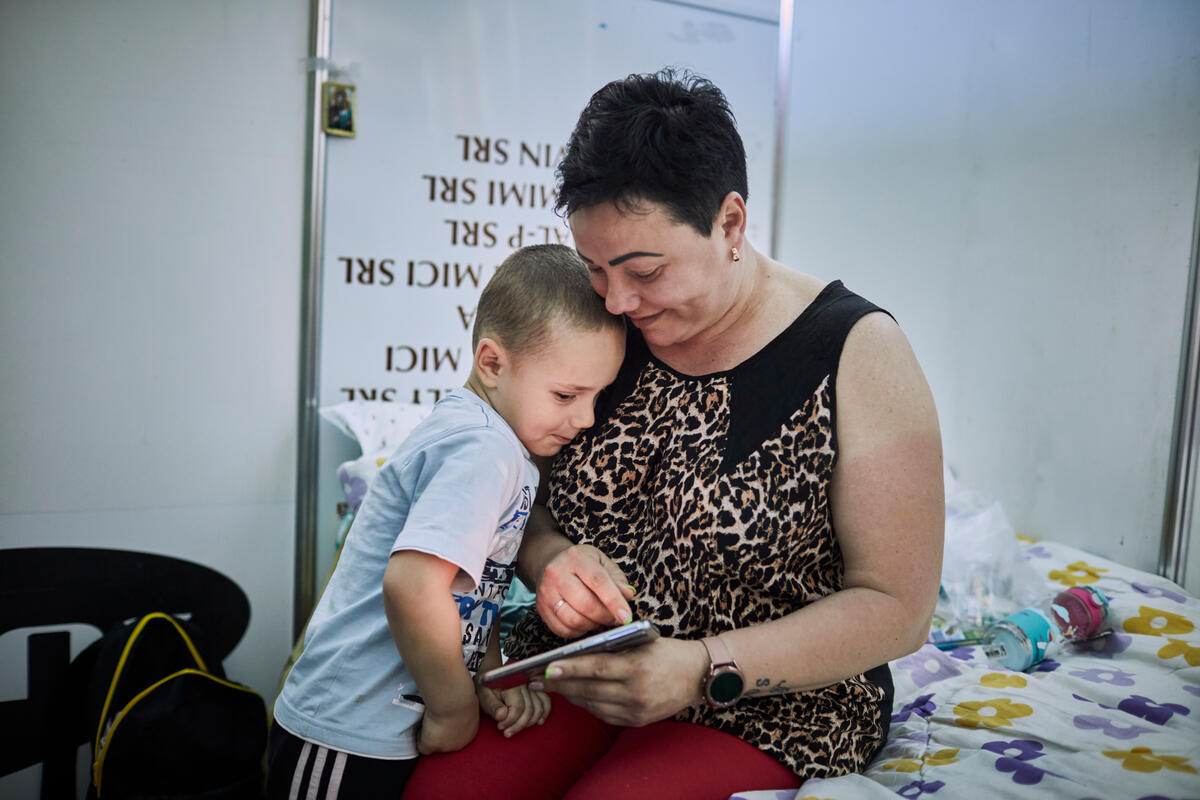UNHCR appeals for urgent action to address deteriorating humanitarian situation in Calais
UNHCR appeals for urgent action to address deteriorating humanitarian situation in Calais

PARIS, France, September 26 (UNHCR) - The UN refugee agency has expressed serious concern about the worsening humanitarian situation and vulnerability of women and children among the migrants and asylum seekers in the French port city of Calais.
The number of migrants in Calais is currently estimated at 1,000, with an additional 400 thought to be living in other sites along the northern coast of France.
Following a record number of arrivals across the Mediterranean to southern Europe in the last five months, the number of migrants in Calais has increased dramatically. "Despite the efforts of local groups, the living conditions of the migrants are absolutely appalling and this is provoking increased tensions among different communities of migrants and also with the local population," said UNHCR Representative in France, Philippe Leclerc
The growing presence of young women and unaccompanied children among the migrants is also a source of serious concern. "Women and children are particularly vulnerable to abuse, exploitation and violence," said Philippe Leclerc. "We need appropriate measures, including dedicated reception facilities, to address their specific protection needs."
While some migrants travel to Calais to try to cross the Channel and enter the United Kingdom in an irregular way for economic or family reasons, others may have fled violence or persecution and be in need of international protection. Most are from countries experiencing conflict, unrest or large-scale human rights abuses, such as Afghanistan, Eritrea, Iraq, Sudan and Syria.
Although they may be entitled to refugee status, very few choose to apply for asylum in France, citing as reasons the fact that they have family members living in the UK and family reunification procedures tend to be long and complicated. They also mention the lack of proper accommodation and administrative and language difficulties related to the asylum procedure.
"The crisis in Calais is a symptom of the dysfunctionality of the common European asylum system," said Leclerc. "To address this, there needs to be a European approach based on responsibility, trust and solidarity. The French authorities must do their utmost to facilitate access to asylum procedures in France. At the same time, we call on other EU members to show solidarity and agree to process asylum applications from persons who have close connections with those countries."
Solutions may also involve the return of some migrants to their countries of origin. "We have to be very clear," explained Leclerc. "Not all of these persons are in need of international protection and some will have to face a return to their countries of origin or other countries where they have lived before. For many, this will mean giving up their dreams of a new life in the United Kingdom."
The mayor of Calais, Natacha Bouchart, and the Minister of Interior, Bernard Cazeneuve, recently announced plans to open a day centre for migrants and a night shelter for women and children.
"It is crucial for people to have a safe place where they can get advice and unbiased information so as to make iinformed choices about their future," explained Leclerc, "and we are ready to support with information and facilitate access to asylum procedures in France or advise them about other solutions such as a voluntary return to their countries of origin." He added that the presence of British NGOs at the day center, recently proposed by the French and British Interior Ministers, could also be very helpful.
For several years, local volunteer groups have been providing hot meals and dry clothes to the migrants and asylum seekers in Calais, but they are finding it hard to cope with the growing numbers.
From June 2009 to July 2012, UNHCR had a permanent presence in Calais. During this period, UNHCR provided information, legal aid and counseling to potential asylum seekers and assisted with individual asylum claims. Due to a fall in the number of migrants at the time, UNHCR handed over this work to its partner NGO France terre d'asile, in July 2012. Since then, UNHCR has been monitoring the situation in Calais through regular missions from Paris.
By William Spindler in Paris, France








